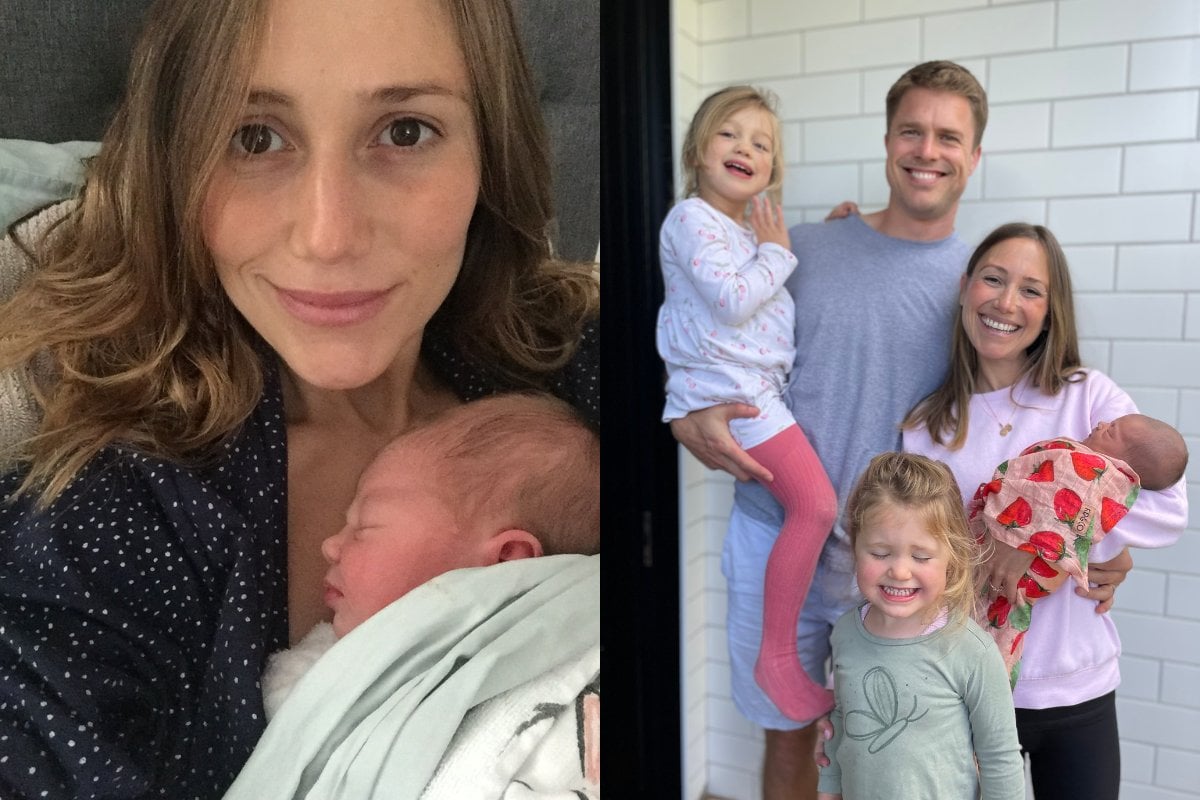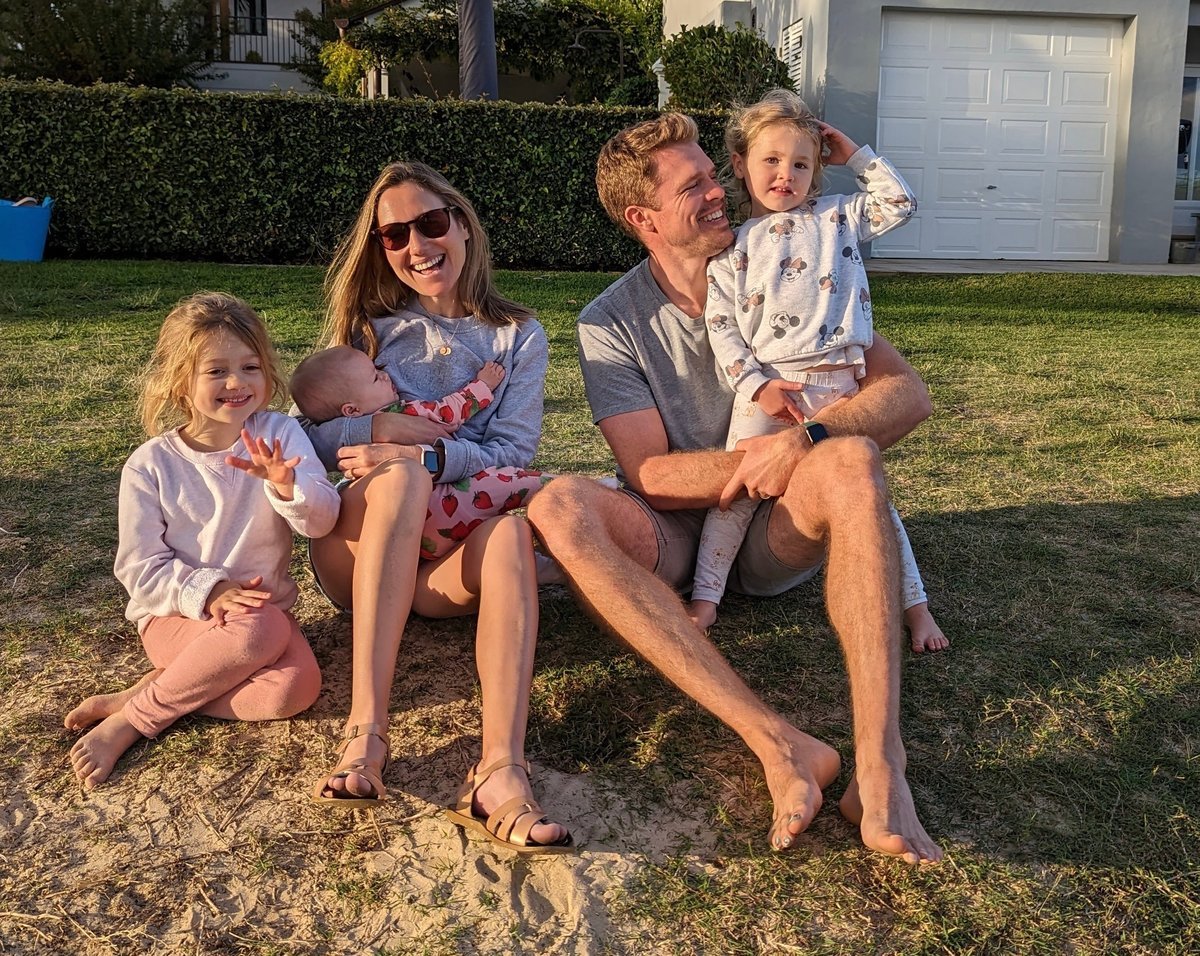
I spent six years and thousands of dollars on the IVF rollercoaster so it’s safe to say no one would have picked sterilisation surgery to be on my 2024 bingo card.
But last month I paid several thousand more to have both my fallopian tubes removed which will prevent me from ever falling pregnant naturally.
The technical name is: bilateral salpingectomy via operative laparoscopy. Keyhole surgery to remove both fallopian tubes. The ovaries, which produce essential hormones, stay intact.
Watch: How to be a woman. Post continues after video.
Recovery has been moderately painful, but I was prepared for that. What I wasn’t prepared for was everybody's strong opinions.
I’ll get to that. First a bit of backstory. How did I end up here?
I met my husband in university. We dated for eight years and I probably had six periods in that time. Sounds ideal if you’re young, fun and dating. Less fun when you’ve been married for two years and are desperate to get pregnant. So off to the IVF clinic we went.
IVF was tough, getting pregnant became my part-time job (on top of my full-time job), my only hobby and at times completely consumed me. But this story has a happy ending. Three of them. Thanks to the magic of science and a dedicated team of IVF doctors, nurses and geneticists, we have three beautiful daughters. I have everything I ever dreamed of and I feel grateful every single day because I know so many people still dream.



Top Comments